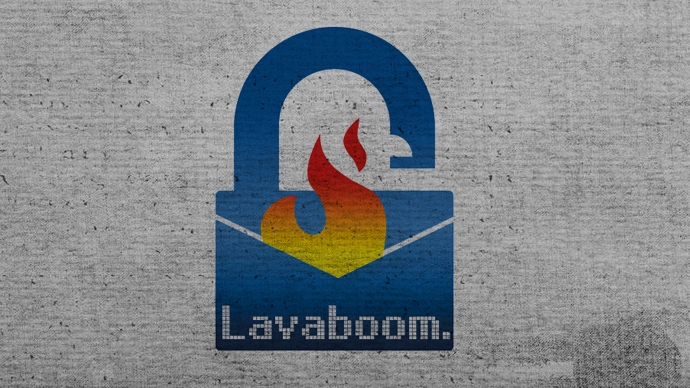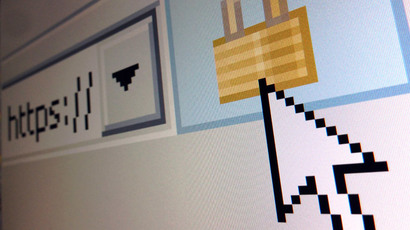‘Zero knowledge privacy’: NSA-proof email service goes online

A new email service that protects its users from the prying eyes of the NSA and other spy agencies has gone online. The service’s creators say it will make encrypted messaging accessible to all and curtail internet snooping.
Germany-based Lavaboom was inspired by Lavabit, the encrypted email service that was believed to have been used by whistleblower Edward Snowden before it shut down its operations in August last year. The service pioneers a new system called “zero-knowledge privacy”, which allows users to personally encrypt and decrypt their mail from their browsers using JavaScript codes.
“Key handling is a very sensitive issue," Lavaboom said in a technical FAQ section on its website. "We let you download your keypair during registration. This is to ensure that your key remains in your possession.”
In this way, the service only acts as a carrier for already encrypted messages which will prevent government agencies from extracting information. It will also mean Lavaboom will be unable to handover unencrypted mails and codes to government agencies if they request them.
Lavaboom is currently in its beta stage of development and plans to offer users free accounts with 250MB of storage space, while subscribers will receive 1GB for around $11 a month.
The service is aimed at blocking the spying of government agencies like the NSA who gather huge amounts of information using special espionage programs. Lavaboom’s creator, Feliz Muller-Irion, said that unencrypted mails are more often than not caught in the NSA’s information dragnet.
“An email that I sent to my mother can potentially go through Russia, China and the US even though she lives in the same building as me,” he told Spanish publication el Economista. “If you choose not to encrypt your email, it is very possible that the conversation you thought was private will appear on the screens of the NSA or be picked up by PRISM.”
Following the spy revelations divulged by former CIA contractor-turned whistleblower Edward Snowden last year, governments and organizations have adopted measures to try and combat the NSA’s spying antics.
The Brazilian government began the installation of a secure digital communication network earlier this month, following reports the NSA was spying on the personal communications of President Dilma Rousseff and her top aides.
The coordinator of the federal government's Serpro data processing service, Marcos Mello, said the new service will employ passwords and digital markers to ensure the safety of governmental communications. The system should be fully operational by the end of 2014.
In response to the international uproar caused by the spying revelations, US President Barack Obama stated in a January address that the NSA would no longer keep tabs on foreign heads of state, but said it would continue to gather data on the “intentions” of other governments.














